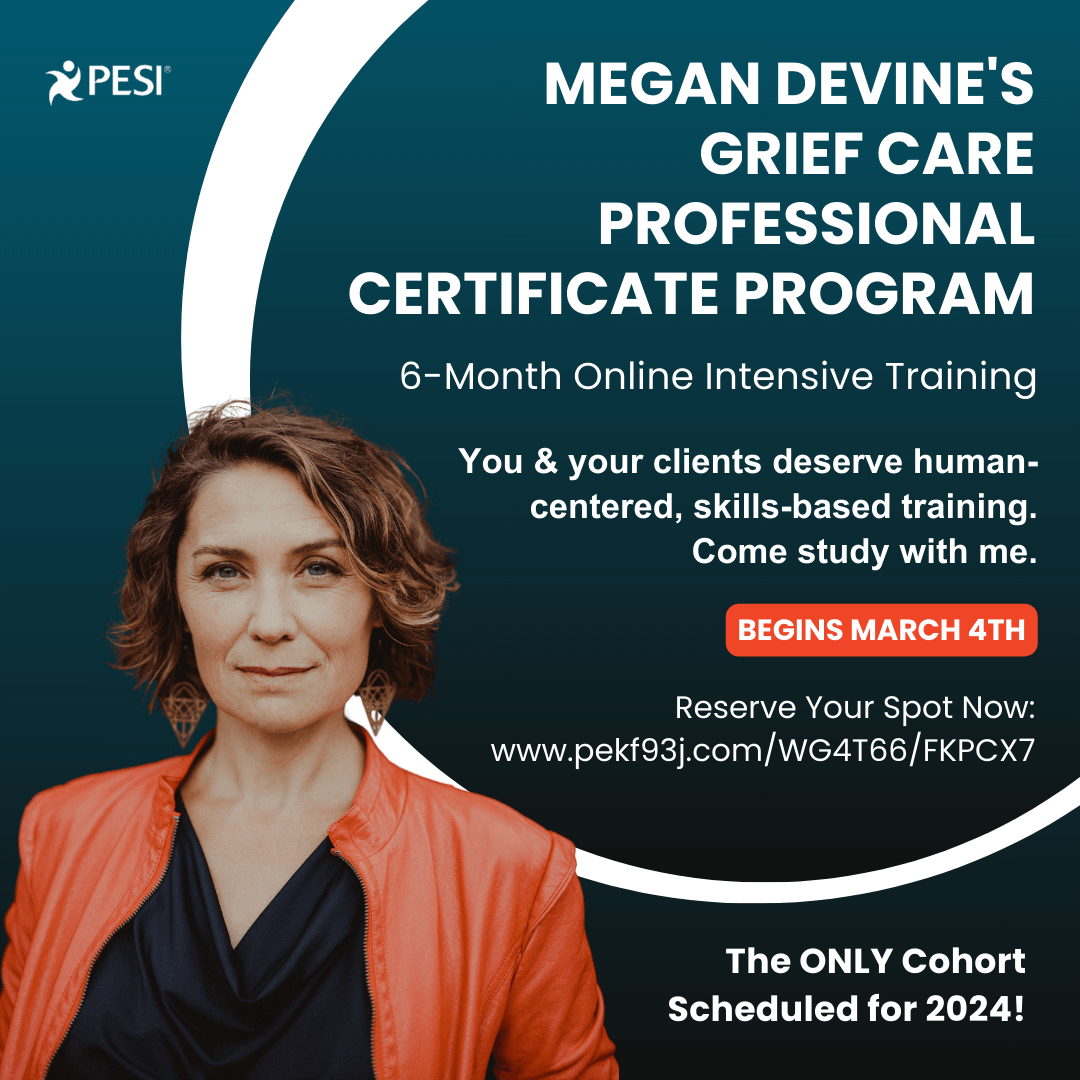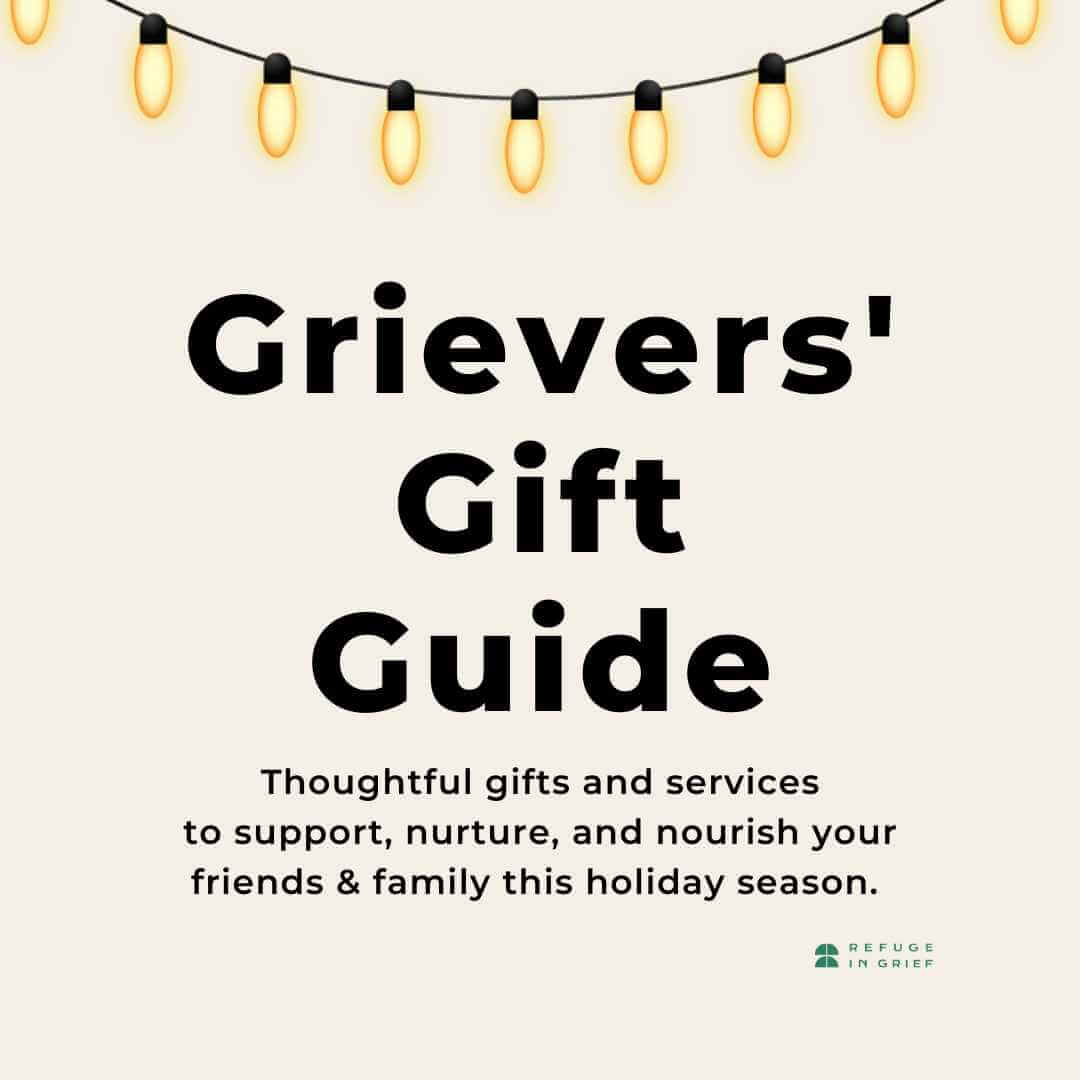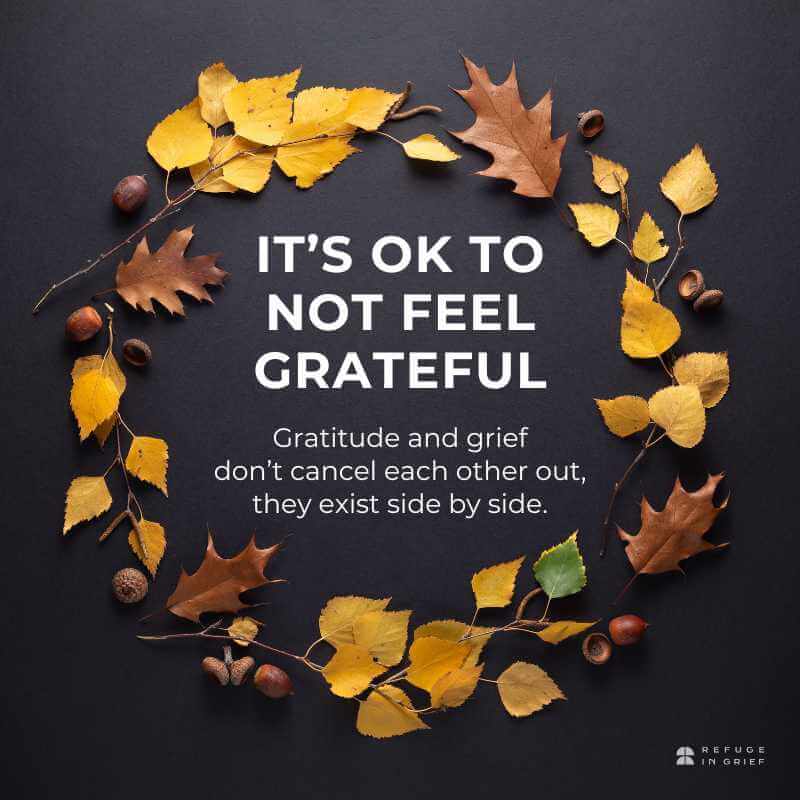10 simple acts: how to survive early grief
I can close my eyes and go back there: the indescribable, unfathomable rift in the universe, the bizarre and surreal world after Matt disappeared into the river. A wholly irrelevant event catapulted into my life, changing everything.
The first weeks and months after an out-of-order death are a world unto themselves. At that initial time of impact, few things bring comfort. Words of intended comfort just grate. Encouragement is not really helpful. That “impact” zone is not the time for future plans or even for reflection on what’s going on. Survival has a very small circumference. It’s not an ordinary time, and ordinary rules do not apply.
Here are some of my survival rules from those early days:
1. Safety first. If you are driving while crying too hard to see straight, pull over. If you are about to get in the car, help yourself calm down before you start. Distraught driving is dangerous. Let’s be honest here, sometimes you do not care one bit about your own “safety.” I know. What kept my hands on the wheel in those cannot care about me moments was knowing I did not want to create another me. I kept driving, or stopped driving, because I did not want to risk harming someone else. I would not chance creating another widow. I did not want to mess up someone else’s life, or cause anyone else any pain, by creating an accident scene they had to clean up. So – safety first. Do it for yourself, if you can. Do it for others if you must.
2. Drink. Drink water. I have a list I wrote for myself in those very first months called: some survival things. Number two on that list is: crying for three months has really been dehydrating. Please drink water. Oh, it was so early then. I can close my eyes and feel it. The same is true now as it was then: Drink. Drink water.
3. Move. Number one on that survival list was move. This is the most reliable thing. And by “reliable,” I think I meant the thing that was the most likely to induce even the smallest measure of calm. In whatever ways your body might be able to, move. Movement can help. Not because it solves anything, but because movement itself, as you’re able, can make things different.
4. Get outside. Being outside in a non-human world is a relief; the trees will not ask “how are you really?” and the wind does not care if you cry. There is a lot to be said about being in places that don’t need anything from you. Getting out into the natural world can be a bit tricky if your loss happened outside in nature; you may need to experiment. For example, I still find the presence of water a necessity, though rushing rivers are no longer a place I can be.
5. Tend something. This is also on my early survival list. Clean out the garden. Water the plants. Brush the animals. Bake someone a cake. Send a care package. Why this soothed me, I don’t know. I’m sure it has something to do with thinking of others, or giving love, or getting out of myself for awhile. Whatever the reason, tending something seemed to help. It did then, and it still does now.
6. Read. My notes from back then say simply: it seems to put you in a better place. If you are a reader by nature, you may find yourself starving for words. I read and discarded more books than I can remember now. The ones that fed me, I devoured. It’s true: the right words will put you in a better place.
7. Shower. Really. You will feel just the tiniest bit better. The same goes for sweeping the floor or any other seemingly tedious and irrelevant task of hygiene. Really. You will feel just the tiniest bit better to be clean.
8. Eat. This is a tricky one. Some people eat under stress; some people, like me, lose all desire or interest in food. I dropped over 20 pounds within the first few months. I simply did not eat. My “nutrients” came largely from the cream in my tea and the occasional cupcake. Every few-to-several days, I might eat a few bites of something more. I was fortunate – there was no lasting damage to my physical body. I was also under my doctor’s care at this time, and she let me know she would intervene if she felt I was in danger. Your body may respond differently. Some people develop serious, lasting physical challenges due to what we call “the grief diet.” You might find that small doses of healthy, nutrient-dense food are more easily tolerated by your mind and body than full-on meals. Do what you can.
9. Do not turn your anger on yourself. Looking back on this list now, I am somewhat amazed at myself for this one. I wrote: do not turn your anger in on yourself. This is what you are doing when you think you aren’t doing this right, that you’re the one messing up your continued connection, that you should be better at this. Notice you’re angry. Call it that. Name it for what it is, don’t turn it on yourself. The answer to constriction and anger is to name it, not beat on yourself. The current me has nothing else to add to what I wrote back then.
10. Say no. Say yes. You cannot afford any big drains to your energy, and you can’t afford to miss too many ways to replenish it. This will mean saying no to people, places, and events that are too much for you. It will mean leaving a place you thought you could be, right in the middle of everything. This also means saying the occasional yes to things that have brought, or could bring, a small amount of light or love into your hour, your day, your week. Try out that new meditation group you read about, explore the group for new widows. Sit in empty churches in their off hours, or go to satsang while it’s full. Meet your old friends for tea. Be willing to gift yourself some light. Say no to what drains you further, say yes to what might offer even the smallest respite or support.
While these are the highlights from my list, the most supportive rules or guidelines for this time will come out of your own experience. You know yourself best. The core parts of you, the ways you care for yourself, the ways you find solace and connection – these have not completely changed, though they may feel irrelevant. It’s true that unexpected death messes with your world in a way few things can. Adding to this list, or creating a whole new one of your own, might give you just the tiniest road-map inside a wholly disoriented time.
If you are currently close to impact, what are some things you find useful? Are there ways you anchor yourself, or rules that help guide you? If you feel you have passed through that initial time, can you look back and see what helped?


